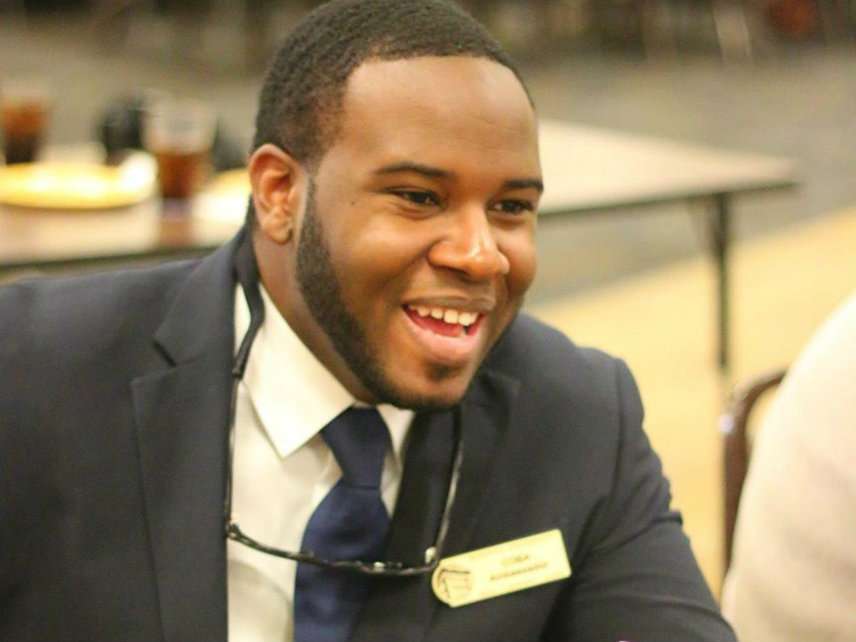Why Did Dallas Police Search a Man's Home for 'Narcotics' After One of Their Own Killed Him?
Many unanswered questions surround this case.

Yet more questions have emerged about the death of Botham Jean, a Dallas man shot in his own home by an off-duty police officer.
Dallas Police Officer Amber Guyger, who lived in the apartment directly below Jean's, says she mistook his residence for her own. According to an arrest affidavit for Guyger, she returned from a shift Thursday night and attempted to enter Jean's apartment using her "unique door key." Since the door was already ajar, it "fully opened under the force of the key insertion," the affidavit says. She then claims to have encountered Jean, believed him to be a burglar, and shot him twice after he ignored her "verbal commands." Jean was later declared dead at a nearby hospital.
Now KXAS reports that the day after the shooting, a Dallas Police Department investigator obtained a warrant to search Jean's apartment. The warrant, signed by 292nd District Court Judge Brandon Birmingham, says the police intended to look for "any contraband, such as narcotics," that could "constitute[e] evidence of a criminal offense."
The warrant seems to suggest police had reason to believe some sort of illegal substance was present at Jean's residence. When asked whether such probable cause existed, a Dallas police spokesperson referred Reason to the Texas Rangers, who took over the investigation soon after the shooting. A Texas Rangers spokesperson, in turn, referred Reason to the Dallas County District Attorney's Office.
A spokesperson for the district attorney said the search warrant was "fairly standard" for such a high-profile case, but added that "no specifics about the case will be released at this time to maintain the integrity of the case."
So it remains unclear why the warrant referenced narcotics. According to Houston-based criminal defense attorney Mark Bennett, there doesn't appear to be any legitimate legal reason for police to include that language. But there could be a practical one. "They want to smear the guy," he speculates. "He no longer has reason to complain about the search of his place, because he's dead," he adds.
On the other hand, Clark Neily, the Cato Institute's vice president for criminal justice, says it's "not at all uncommon…to have a standard, boilerplate search warrant." He adds that search warrants will often refer to what police "expect to find based on the particular incident," as well as "a bunch of other stuff…on the off chance that they happen to find something that might be useful to them." In this case, Neily notes, it makes sense police would expect to find shell casings or blood at the scene of the shooting. And the warrant refers to those too.
Why were they allowed to search Jean's residence for narcotics as well? Neily says it has to do with "varying levels of oversight from judges." In this case, "it seems pretty clear that this judge didn't have any problem with the absence of corroborating…facts that you would expect to see in a search warrant."
Andrew Fleischman, a criminal defense lawyer in Atlanta, thinks it's "unusual" that police obtained a search warrant in the first place. "It's fairly rare to see search warrants…for the place where the crime occurs, because the defendant normally doesn't have standing," he says. He also says it's strange that the warrant relied so heavily on Guyger's account of how things transpired. "It was written as though what she was saying was the truth," Fleischman says.
Guyger's account in the search warrant seems to differ from her story in the arrest affidavit. According to the warrant, Jean "confronted" Guyger "at the door" while she was trying to get into the apartment. The arrest affidavit, though, says Guyger was able to open the door and then saw Jean "across the room."
According to Neily, something is off. "This looks to me like a witness trying desperately to conform her story to extrinsic facts as they come to light," he says.
Bennett put it bluntly: "This is about as bad as a police shooting gets."


Show Comments (112)